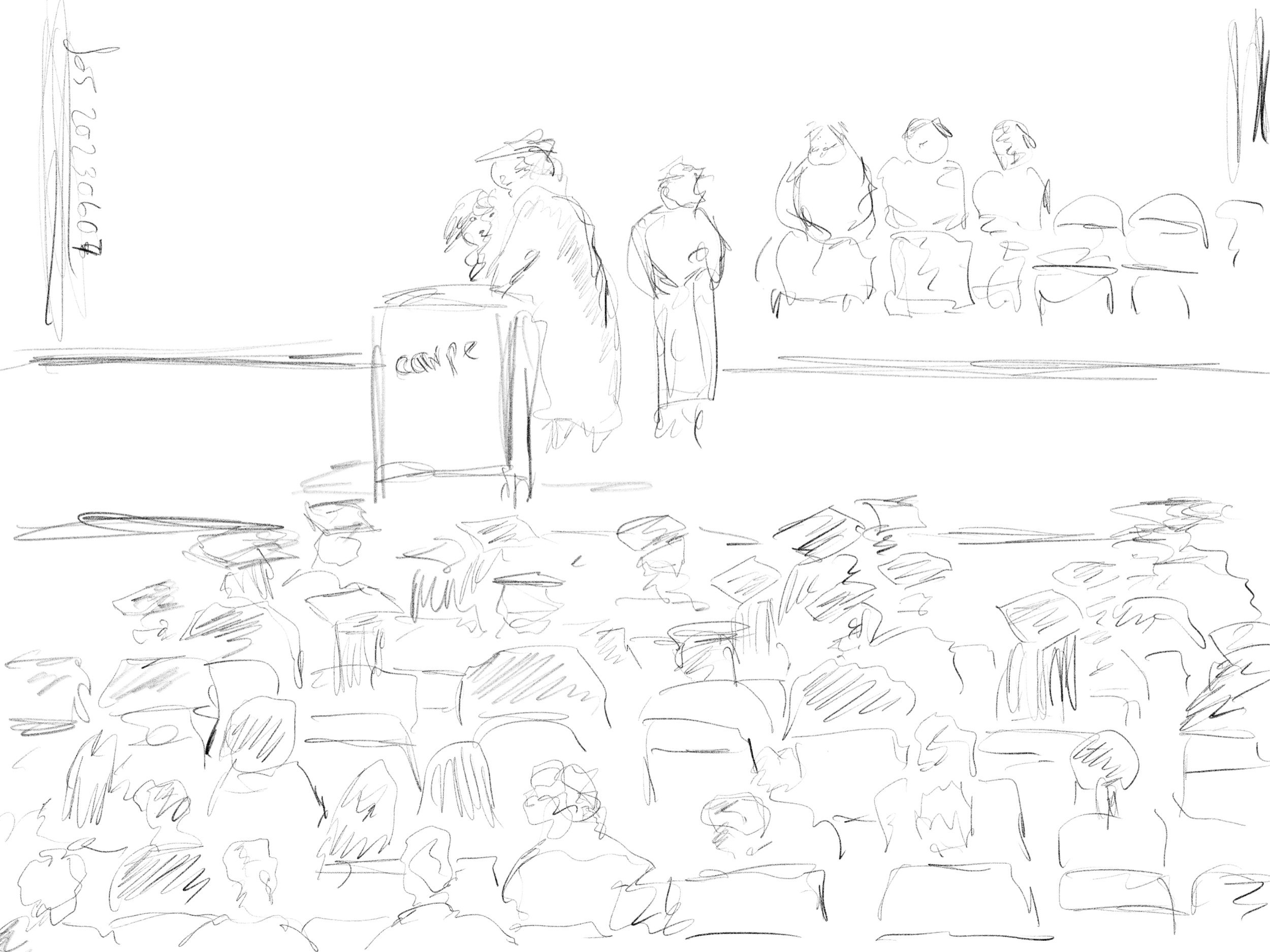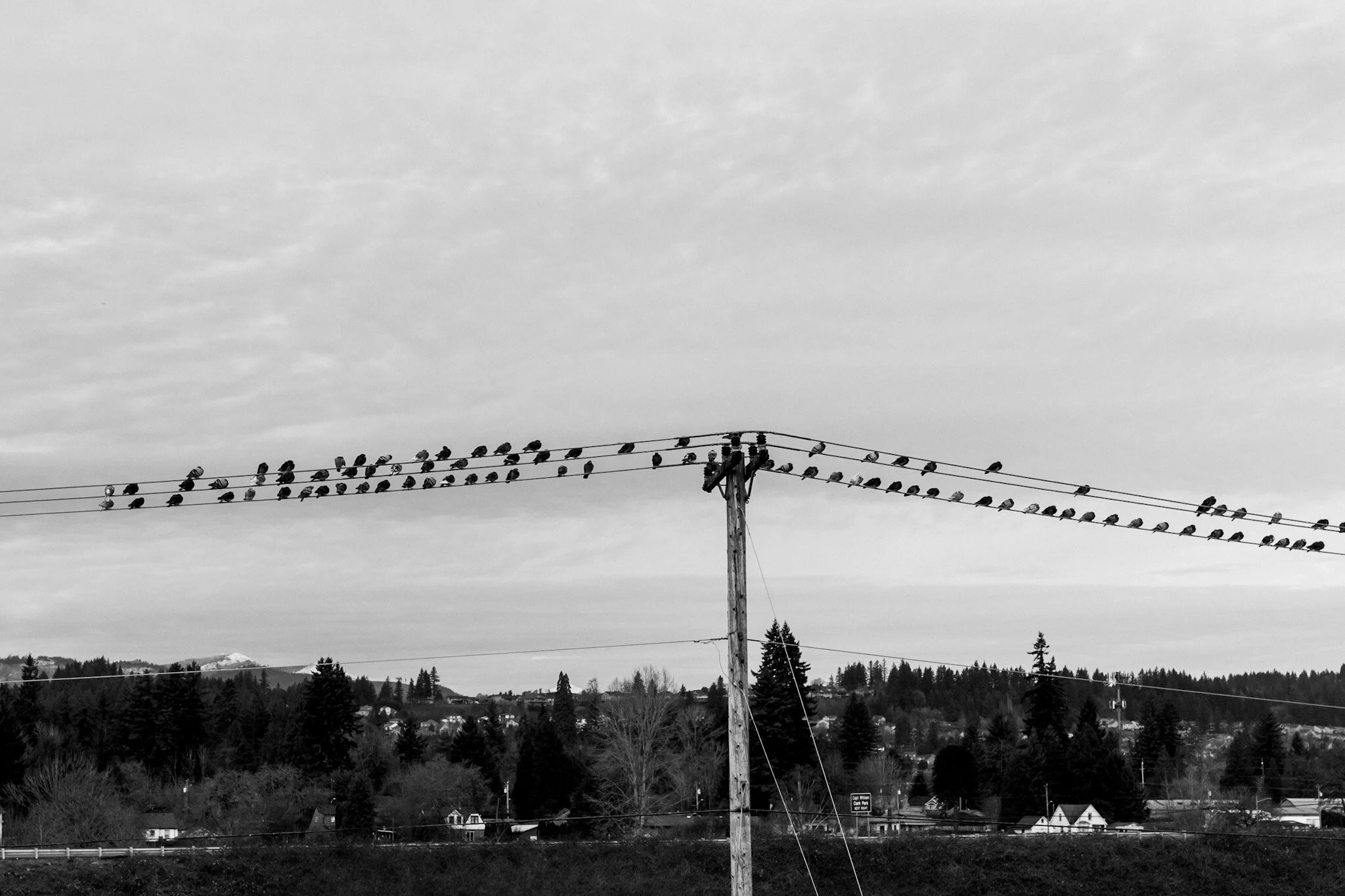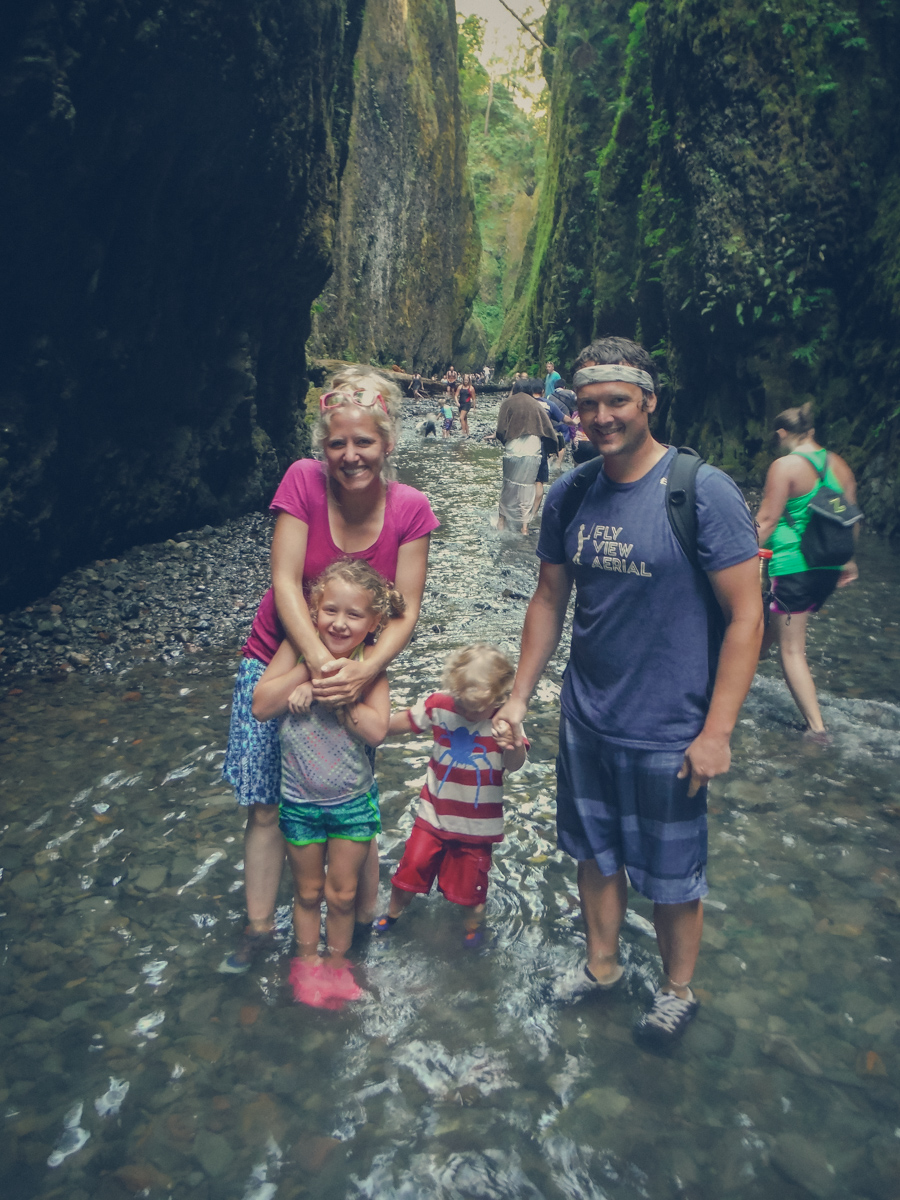‘You are a supporting actor on other people's stages.’
A wall in Washougal, Washington in December 2013, long before the events of this post took place.
I met with an old friend at some point. It may have been recent, or it may not have been recent. I am not going to tell, because it’s not important. The important thing is that our friendship goes back awhile, and I think highly of him, and I have learned plenty from this person.
Change is hard.
It is. Sometimes I hear people say “I love change,” and usually what it means to me is that they love the results of change later on. Generally it doesn’t mean they like the process of change, because that can, and often is, a very difficult and frustrating and confusing process.
The role of humility.
The role of relational change, to me, has one important component: humility.
Especially if you’re a parent, teacher, mentor, coach, or figure who is initially at the higher end of the power duopoly. It means that if you do a really good job, then the other person is going to get better than you. Better at the thing that you were teaching or conveying. That’s hard.
It’s hard for me.
And it can make relationships difficult when they change, whether it’s a parent adjusting to teenage dynamics, or a teacher adjusting to a former student finishing up their college or post-graduate degree, or…any number of examples.
Ideally every healthy relationship is on an equal plain, and most of us probably like to think that ours are. But is it true? Sometimes so, and sometimes not. I am fortunate to have some notable and significant friendships and relationships that have gone through some difficult changes, and we have remolded and rebuilt and created something new based on something old.
We have remolded and rebuilt and created something new based on something old.
But it’s hard.
Post-hangout reflections.
I drove home after eating and conversing for a few hours - the first time in a few years - and wondered why I felt a little sad. It was good to see him, there was no conflict or disagreement, we engaged on a variety of topics…
…but here was the thing:
I asked about his life.
I didn’t ask because I thought his life was so much more interesting than mine.
I asked because he’s my friend, because I care about him, and because his life is different than mine. I asked about his family and the movies he’s seen and the books he’s read and the plans he’s making…
…and it meandered along interesting avenues. He shared some fascinating anecdotes about former colleagues and former friends and laughed about this and that, but the one thing he did not really do, was
ask about my life.
This, seriously, is a wonderful human being. I think the world of him. Perhaps you might wonder why I didn’t offer or proffer up more.
I have a rich life, primarily because I have surrounded myself with interesting people and have stayed excited about learning.
I had some fascinating and relevant anecdotes and some book and film recommendations I could have shared, and would have been happy to share, and in fact, did offer one; it was less enthusiastically received than I might have thought, considering it was a short story by an author he had previously been raving about; an author that I have been reading for fifteen years. I did not state this; I let him have his excitement over the description of her as his favorite current obsession. At an appropriate point, and after expressing enthusiasm for his enjoyment of her books, I excitedly followed with a buried short story she wrote years ago and is really, really, really good. An excitement we could share.
I was excited.
I try to be careful about stomping on the end of people’s sentences; about processing my own reply internally while they’re still talking. I try to give my attention.
But what is a big part of relationships?
Sharing.
The sharing of lives at some level. Stories, anecdotes, recommendations, thoughts and observations and plans.
It only requires a couple ingredients. But they are rare ingredients; you have them, but you have to dig them out of your character. It requires the ingredients of humility and attention and the choice to actively share, in an equitable distraction, your life and theirs.
Asterisks.
Of course there are many exceptions. Let’s move on.
Moving on : ask people about their life.
As a general rule for life (GRFL), make it a practice to ask people about their life as well.
I have problems and challenges and stories and interests and observations, and guess what?
They do too.
It’s not difficult to inquire about something or someone they care about. And then to listen to their response.
Sharing, not investigating or stockpiling information or interrogating or finding snippets to weaponize.
Conversation. This is conversation.
Move on.
Is our friendship over? No! No, of course not! I love this fellow. He is a quality human being, a kind, generous, and intelligent person, and our friendship has endured. It will continue.
Everybody deserves a pass. There’s nothing I’m going to say or do; I’m not holding it over him; I am certain it’s something that didn’t occur at all to him. I have likely done similar things before to others. I am certain I’ve done so, and I want to continue working on that. That’s part of why I write these things down: to help me process, remember, and grow.
Yet I also wonder what he might tell his family about me, and what’s going on. What could he say? There’s not a whole lot, and that’s because we went down his avenues, his turf, his choice of where to carry things. His life, according to his stories and anecdotes, has many great things going on right now.
I’m okay leading, or following. It’s relative. We take turns. But mostly, with friendship, it’s nice to walk alongside, and to go back and forth and take turns leading and following.
Change is tough.
Change is tough. And sometimes learning and change aren’t linear. Sometimes you slip backwards. Or maybe, maybe on this occasion there was a comfort in being able to talk about things he needed or wanted to talk about with someone outside his current social ecosystem. I don’t know.
He is a good guy, and I will look forward to next time sometime.
And I will also remind myself:
To embrace the tough relational changes as kids grow older
To always ask about the lives of others and not simply about my own.
That having more leaders doesn’t make things easier. We have got to embed and model the importance of teaching followership alongside leadership.
To reflect on choosing to do the hard thing, and the fact that sometimes the hardest thing to do is also the simplest: ask good faith questions about others with sincerity and attention.
That I am the main actor on my own stage, and a supporting one on many others.
I am a kid under construction too.











